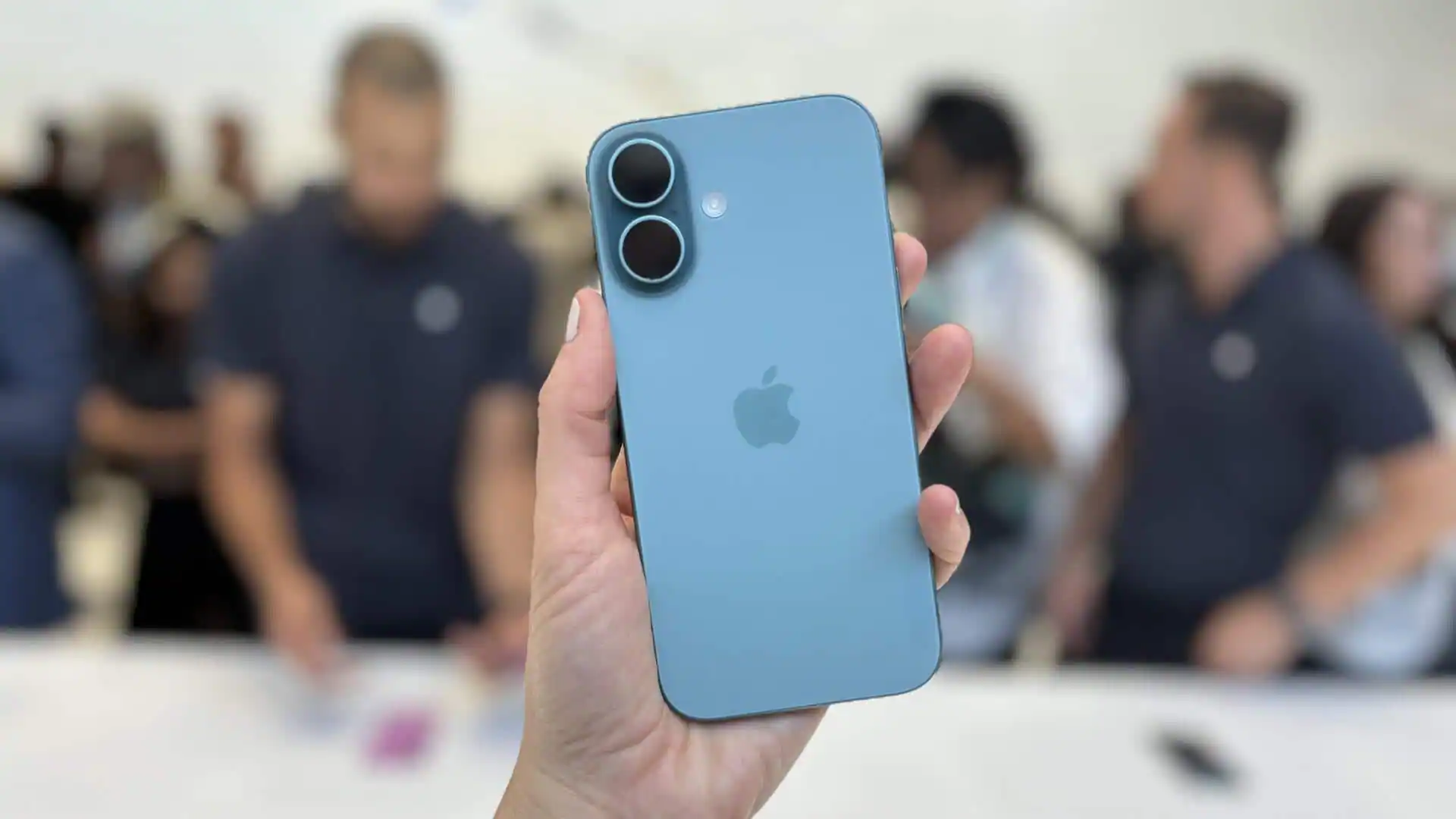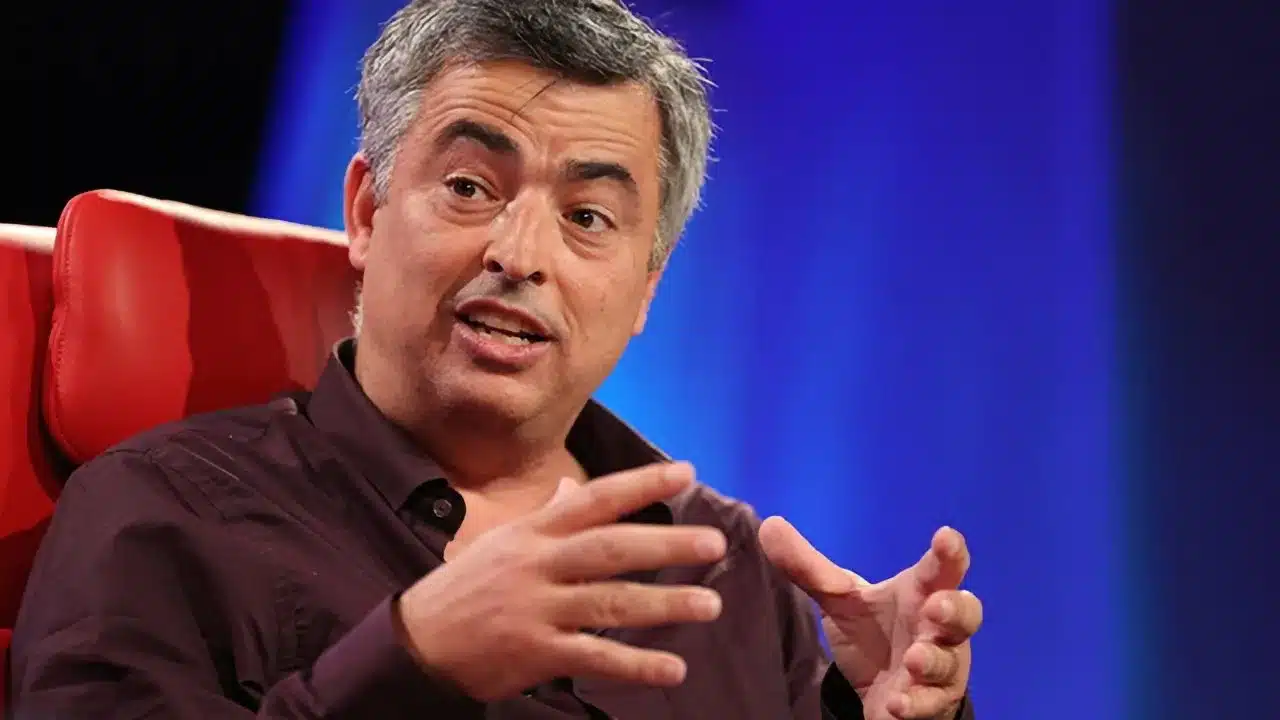In a surprising statement, Apple’s senior vice president of services, Eddy Cue, has suggested that in the next 10 years, consumers may not need an iPhone at all.
According to Cue, the rapid rise of artificial intelligence (AI) could be the driving force behind a huge shift in how we interact with technology, with AI and wearable devices potentially replacing the traditional smartphone.
Cue made this bold prediction during the Google Search antitrust trial on May 7, 2025. He explained that the only way true competition can arise is through technological shifts, and he believes that AI is the next big wave of innovation. “You may not need an iPhone 10 years from now, as crazy as it sounds,” he said, noting that AI is creating new opportunities for companies and changing the tech landscape.

Apple, a giant in the smartphone industry ever since the iPhone debuted in 2007, has always embraced new technologies. One of its most iconic moves was killing off the iPod by integrating its features into the iPhone. Cue pointed out that most companies are afraid to disrupt their own successful products, but Apple has never shied away from evolving with the times. He mentioned that the rise of new tech often leads to the birth of new companies, while established ones struggle to adapt.

In addition to discussing the future of smartphones, Cue also touched on Apple’s increasing focus on AI. He mentioned that Apple is looking into revamping its Safari web browser, potentially replacing the default search engine with AI-powered alternatives. This would be a big blow to Google, which has had a lucrative deal with Apple to make its search engine the default option on Apple devices for years. With searches on Safari declining, partly due to the rise of AI, Cue sees the writing on the wall: AI-powered search providers like OpenAI and Perplexity AI could eventually take over traditional search engines, and Apple is considering adding these options to their devices.
While AI search engines likely won’t replace Google as the default just yet, Cue’s comments hint at a future where traditional tech companies might need to adapt or risk being left behind. The iPhone may not be gone in 10 years, but the way we use technology could look very different.

